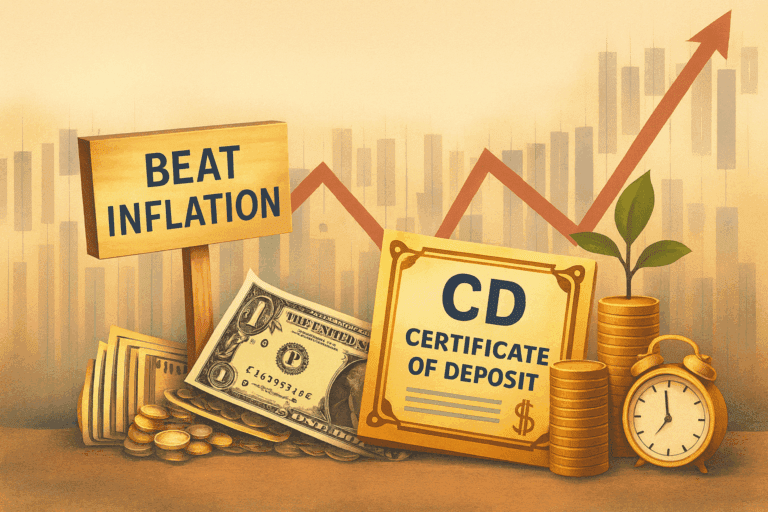Investing in the stock market has been shorthand for “smart use of your money” for over a hundred years. However, many people never invest a single penny in a stock, security, or bond. Only around 61% of people own any stocks. For that other 39%, what’s the issue? Is investing the stock market that daunting?
Investing is Bouncing Back

Investing in the stock market was much more common before the recession in 2008. Before that point, some 63% of Americans owned stock in 2004. By 2016, that number reached its recent zenith of 52%. Following the pandemic, the numbers have been skyrocketing, jumping back to 61% and climbing.
Types of Stocks

Among the Americans who do own stock, many hold shares indirectly through things like index funds, mutual funds, and retirement accounts. Yes, those are all technically stocks! If you hold any of these, congratulations, you’re an investor! Purchasing individual shares, while perfectly safe and often a good idea, is much less popular. In recent years, only around 20% of US households hold direct stock.
Indirect Stocks

For many people, it’s simpler to invest in indirect stocks like mutual funds and index funds. These are usually managed by a third party and are presented as being “safer” than trying to directly buy stock. After all, sinking your money into something that you’re not sure about isn’t something that many people have the heart to try.
Direct Stocks

When many people think about buying, selling, and trading direct stocks, they picture sweaty stockbrokers on Wall Street shouting into their phones and getting lost in a frenzy as breaking news changes the value of everything on the tickers behind them. That’s not exactly accurate these days. In fact, investing in direct stocks has never looked more different.
Is it Confusing?

In a general sense, no, investing in stocks isn’t confusing. In fact, with the advent of investing apps, it’s easier than ever to invest in direct stocks. All you need to do is open your phone and start making purchases. Many apps even let you handle complicated transactions right from your cellphone.
Doing Your Research

That being said, there’s a big difference between ease of access and actually making money. It’s, of course, very easy to make bad investments and see your money vanish without a trace. That’s why it’s vital that any aspiring investor do their research. Don’t invest heavily into horseshoe factories if Henry Ford is about to unveil his Model T car, you know?
Can You Do it?

There’s no doubt that anyone of any education level could find success on the stock market. It’s just a matter of diligence. If you keep up with your investments and make smart moves, you could theoretically end up with more money than you started with. Of course, there’s never a guarantee that you’ll earn, but there are some tried-and-true tactics that longtime brokers swear by.
Keep it Manageable

Don’t ever invest more than you can stand to lose. Again, you have no guarantee that you’re ever seeing any of that money again. Don’t take your life’s savings out and put it into the stock market. That’s just asking for trouble! Only invest an amount of money that you could live without if the stock market takes a nosedive tomorrow.
Diversify

Don’t put all your eggs in one basket, either! Just because you have a great feeling about a given stock, that doesn’t mean you should bet it all on that stock performing well next week. Spread your investments around and make sure you’ve got a nice, even spread in your portfolio to be resistant to sudden drop-offs in a given companies’ values.
Read More: Passive Income Ideas to Make You Money in Your Sleep
Keep at It

Be consistent with your investing strategy. Pick a style that works for you and contribute what you’re comfortable with consistently. The longer you stick with a given strategy, the more likely you are to see long-term strong performance. There’s nothing wrong with a slow and steady approach with more security. Everyone remembers the stories of those one or two people who got lucky — no one seems to think of the millions who bet it all and lost.
Read More: Investing Basics You SHOULD Already Know








